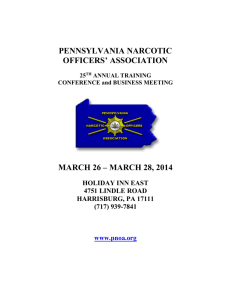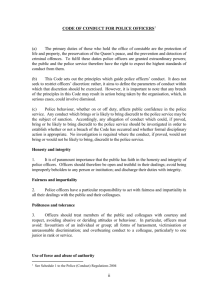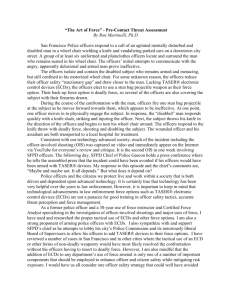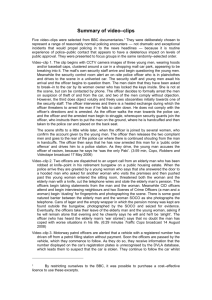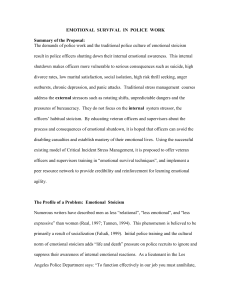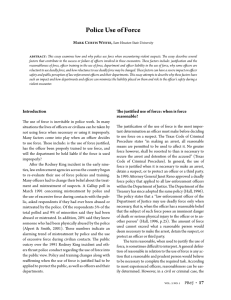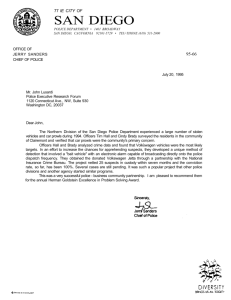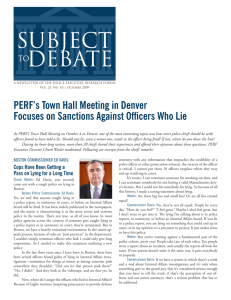section b question on detecting lies
advertisement
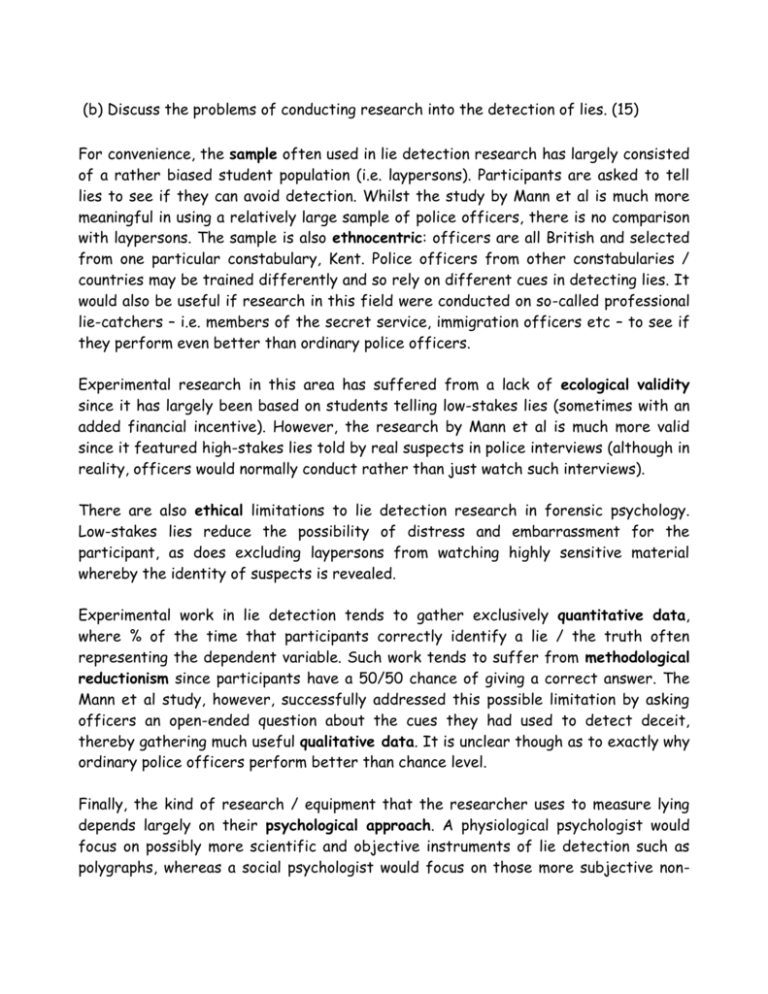
(b) Discuss the problems of conducting research into the detection of lies. (15) For convenience, the sample often used in lie detection research has largely consisted of a rather biased student population (i.e. laypersons). Participants are asked to tell lies to see if they can avoid detection. Whilst the study by Mann et al is much more meaningful in using a relatively large sample of police officers, there is no comparison with laypersons. The sample is also ethnocentric: officers are all British and selected from one particular constabulary, Kent. Police officers from other constabularies / countries may be trained differently and so rely on different cues in detecting lies. It would also be useful if research in this field were conducted on so-called professional lie-catchers – i.e. members of the secret service, immigration officers etc – to see if they perform even better than ordinary police officers. Experimental research in this area has suffered from a lack of ecological validity since it has largely been based on students telling low-stakes lies (sometimes with an added financial incentive). However, the research by Mann et al is much more valid since it featured high-stakes lies told by real suspects in police interviews (although in reality, officers would normally conduct rather than just watch such interviews). There are also ethical limitations to lie detection research in forensic psychology. Low-stakes lies reduce the possibility of distress and embarrassment for the participant, as does excluding laypersons from watching highly sensitive material whereby the identity of suspects is revealed. Experimental work in lie detection tends to gather exclusively quantitative data, where % of the time that participants correctly identify a lie / the truth often representing the dependent variable. Such work tends to suffer from methodological reductionism since participants have a 50/50 chance of giving a correct answer. The Mann et al study, however, successfully addressed this possible limitation by asking officers an open-ended question about the cues they had used to detect deceit, thereby gathering much useful qualitative data. It is unclear though as to exactly why ordinary police officers perform better than chance level. Finally, the kind of research / equipment that the researcher uses to measure lying depends largely on their psychological approach. A physiological psychologist would focus on possibly more scientific and objective instruments of lie detection such as polygraphs, whereas a social psychologist would focus on those more subjective non- verbal cues present (or not) in suspects’ behaviour. Either approach may be subject to mis-interpretation.



